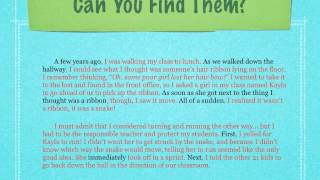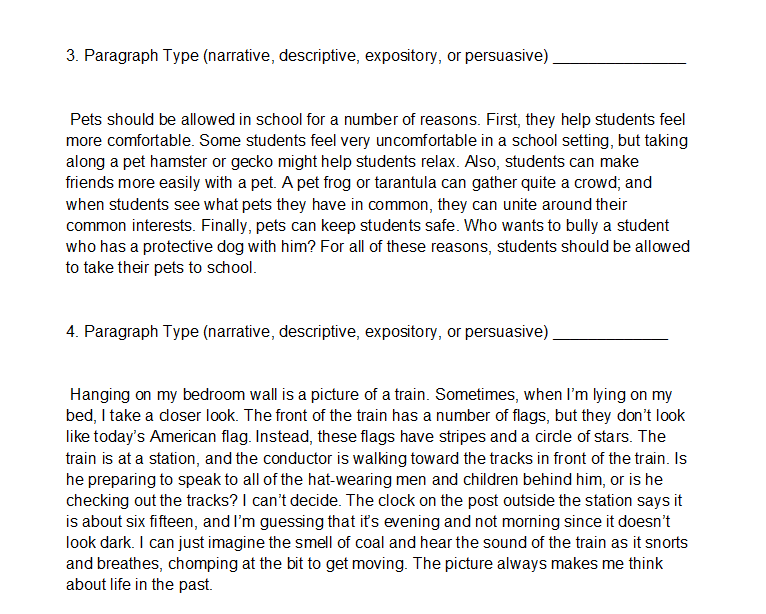How To Begin An Event Paragraph With Impact
Descriptive Writing : Describing An Event
Keywords searched by users: How do you start an event paragraph Phrases to start a paragraph, describing an event essay example, essay about event in school, How to start a paragraph, event essay topics, Write about an event, essay about event in your life, essay about an event you attended
What Is A Good Way To Start A Paragraph?
If you’re wondering about effective techniques to initiate a paragraph, there are several strategies you can employ to engage your readers and provide context for your topic. One approach is to build upon prior research, leveraging existing knowledge to form a foundation for your discussion. Additionally, you can introduce your subject by citing a relevant source that provides insights into the topic. Another method involves analyzing the topic through the lens of a specific theory, which can offer a structured framework for your exploration. Furthermore, considering the impact of pertinent policies related to your subject can help set the stage for a meaningful discussion. Alternatively, delving deeper into the intricacies of your chosen topic can capture your readers’ interest and set the tone for your content. Drawing upon the findings of a respected author can also establish credibility and relevance in your writing. Lastly, exploring how your topic intersects with a related subject can introduce a broader perspective to your readers, enhancing their understanding. By incorporating these approaches, you can effectively commence your paragraphs and provide readers with the necessary context for a more comprehensive understanding of your topic. [Note: The date “9th April 2023” in the original passage seems unrelated to the topic and is omitted in the rewrite.]
How To Start An Introduction?
“Introduction writing is a crucial aspect of any piece of content, setting the tone and capturing your readers’ attention right from the beginning. There are several effective techniques you can employ to start an introduction. These methods include:
-
Quotation: Commencing your introduction with a thought-provoking or relevant quotation from a notable figure or source can instantly engage your audience.
-
Statistical or Fun Fact: Grab your readers’ interest by presenting a surprising statistic or an intriguing fact related to your topic. This can pique their curiosity and encourage them to read further.
-
Storytelling: Narrating a compelling story that relates to your subject matter can create an emotional connection with your audience and draw them into your content.
-
Intriguing Question: Pose a thought-provoking question that encourages your readers to reflect on the topic you’re discussing. This method can stimulate their curiosity and prompt them to seek answers within your text.
-
Scene Setting: Paint a vivid picture or describe a scenario that immerses your readers in the context of your content, making them feel as if they are part of the narrative.
These strategies are essential for crafting captivating introductions that captivate your readers’ interest and guide them into the heart of your content. While the original source lacks publication date information, these techniques have been employed successfully by writers for years to create engaging introductions.”
What Words To Start An Introduction?
What Are Introductory Words?
Introductory words are a crucial element in crafting engaging and coherent introductions. They serve as connectors between different parts of a text, helping to establish relationships, transitions, and context for the reader. These words can take various forms and functions, such as indicating examples, presenting contrasts, providing explanations, and offering conclusions. Some common introductory words include “for example,” “therefore,” “in reality,” “consequently,” and “ultimately.” Using these words effectively enhances the clarity and flow of your writing. Therefore, understanding the appropriate usage of introductory words is essential for creating well-structured and reader-friendly introductions.
Top 7 How do you start an event paragraph







Categories: Discover 79 How Do You Start An Event Paragraph
See more here: b1.brokengroundgame.com

Introduction (50 – 100 words): Your article should start with an introduction, which sets the scene. Explain where and when the event happened • If possible, include the number of people that attended the event • Explain why the event was organised and what you hoped to achieve on the day.
- Building upon previous research…
- As [source] suggests, [topic]…
- Analyzing [topic] through [theory]…
- Considering the impact of [policy]…
- Delving deeper into [topic]…
- Drawing from [author]’s findings…
- [Topic] intersects with [related topic]…
Learn more about the topic How do you start an event paragraph.
- Your guide to writing about your event
- 105 Best Words To Start A Paragraph (2023)
- 5 Easy Ways to Write an Irresistible Introduction – WordStream
- 80+ List Of Introductory Words To Develop Your Writing
- How To Start a Paragraph (With Steps and Examples)
- How to write a great event description
See more: https://b1.brokengroundgame.com/media/

